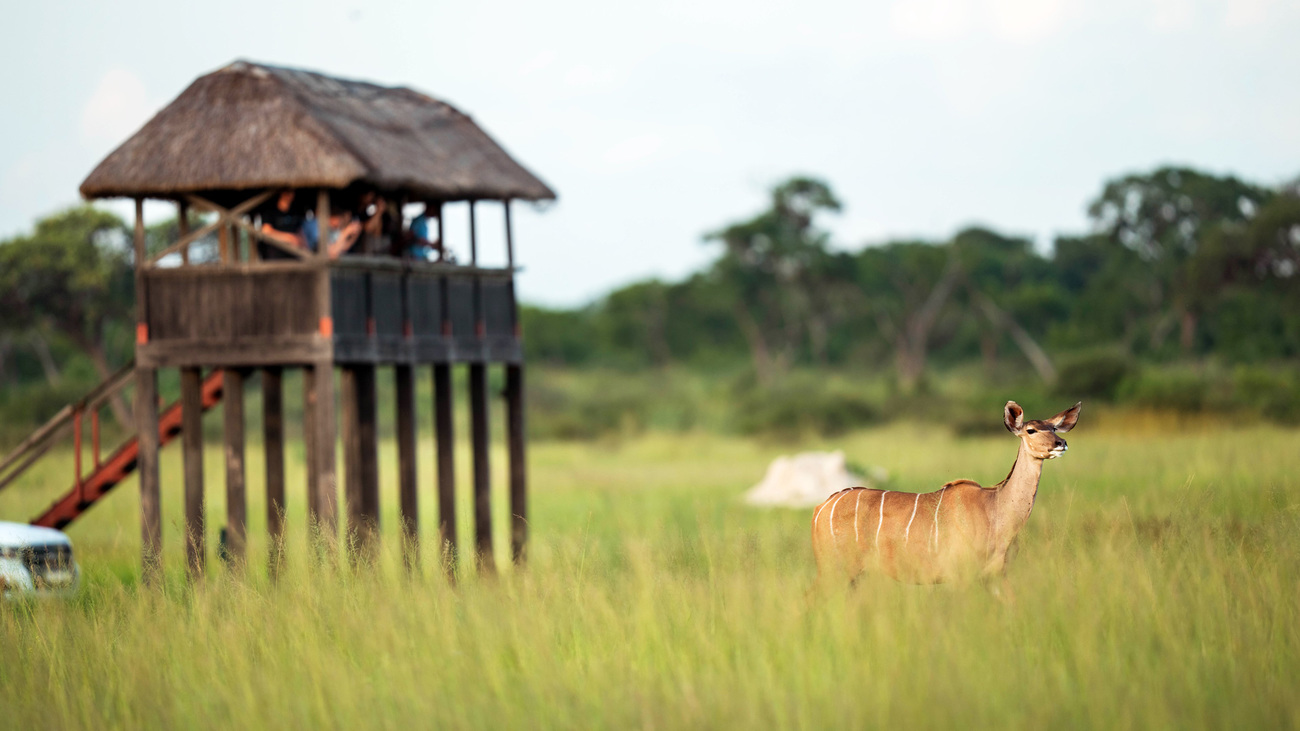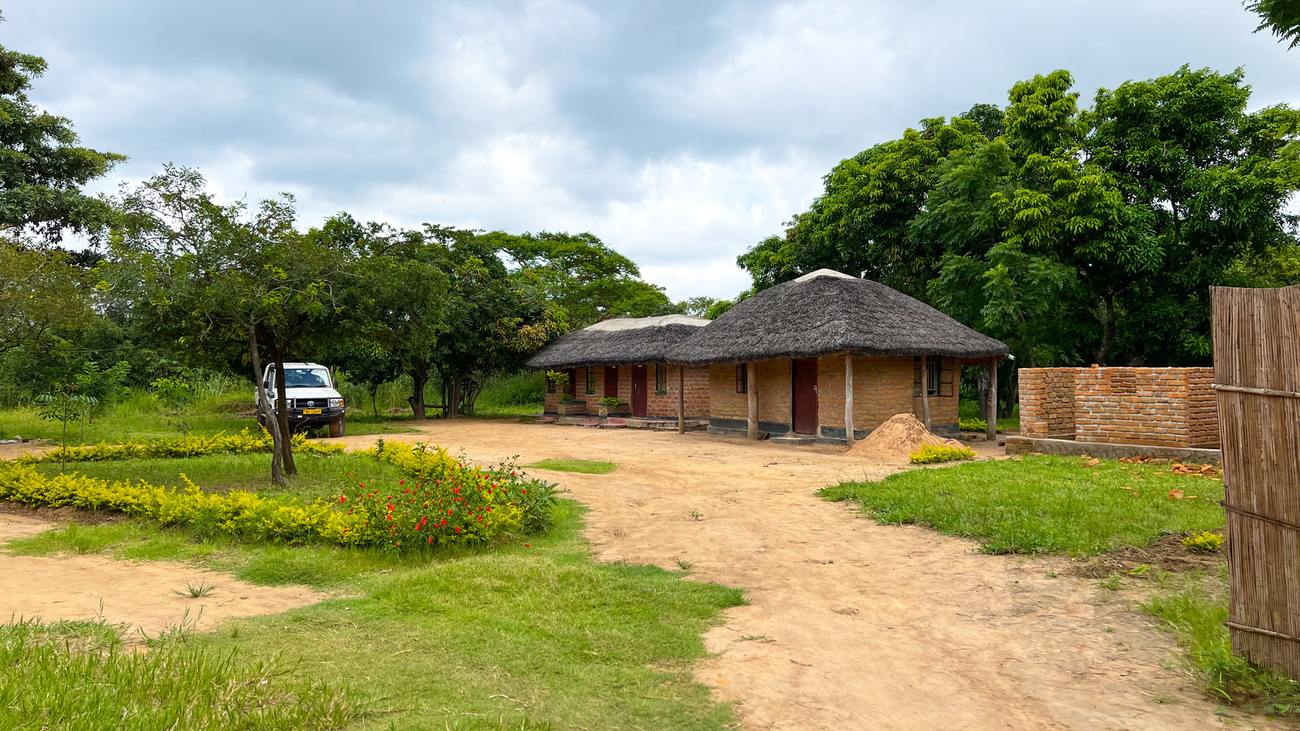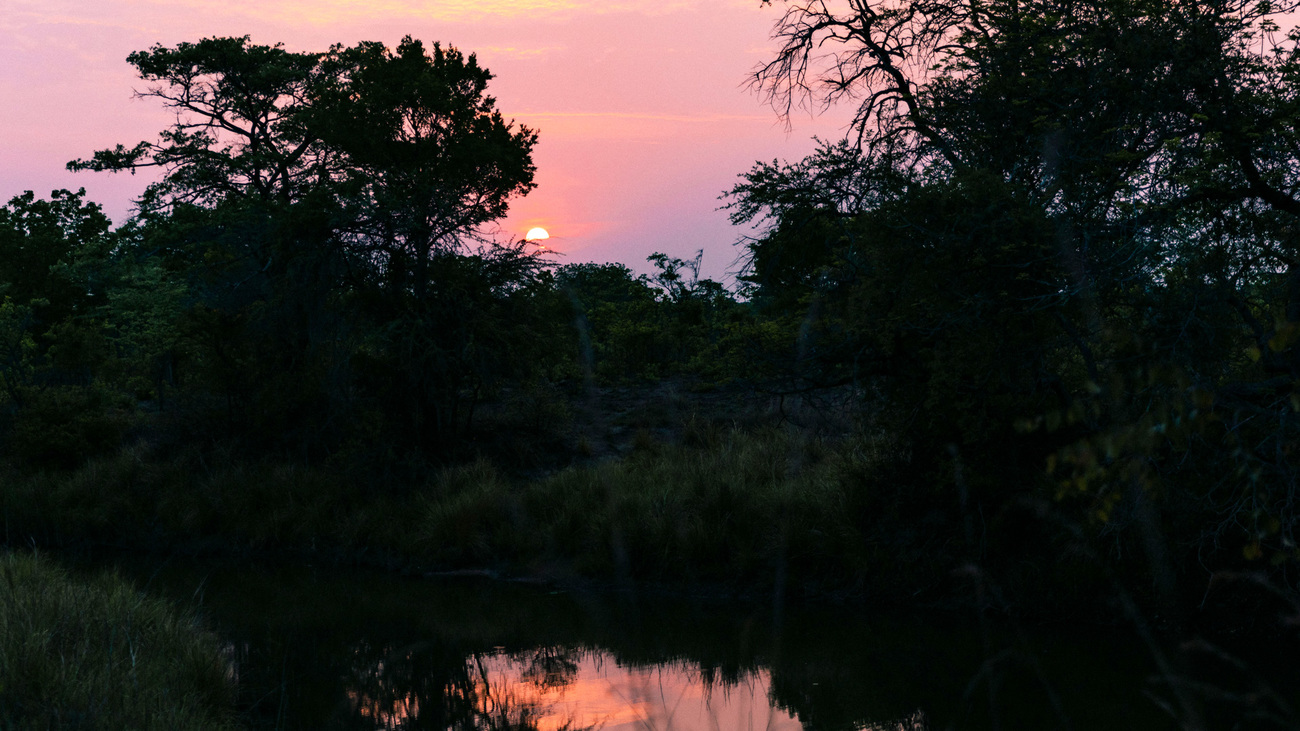Ecotourism: An obvious panacea or a looming conundrum?
Ecotourism: An obvious panacea or a looming conundrum?
By Ian Michler*
I have been working across three spheres of the ecotourism sector for the past 33 years. Principally, I am a co-owner of a safari company, and at times, I accompany guests as a wilderness guide. I am also an inquisitive photographer and journalist covering environmental, conservation, and sustainability issues.

Conventional wisdom deems such participation to be a positive factor in the conservation of the continent’s protected areas and biodiversity. However, I have long pondered these apparent contributions, including thoughts on the shortcomings and drawbacks of what we do. In 2008, I wrote an article titled ‘Is Ecotourism Working?’ and mused as to whether I was part of the solution or merely contributing to the problem. I am not alone: I have colleagues that have similarly deliberated over these issues.
What is ecotourism?
All these years on, for the most part I now accept that I can and should be part of the solution. In the grand scheme, it’s a simple trade-off; if it’s not ecotourism, then expect every other form of economic activity—from agriculture and mining to golf estates and theme parks—to be competing for what’s left of our natural world. However, I have also come to see and understand that poorly defined and badly managed ecotourism is both destructive on the environment and to the integrity of communities, and at its worst, can be cannibalistic, as it ends up devouring the very essence of what it claims to be protecting.
But first, a little history. While learning-based tours were offered in the decades prior, the concept of ‘ecotourism’ has its beginnings in the 1970s after the first global environmental movements expressed concerns over the growing impacts of mass-market tourism. By most accounts, Héctor Ceballos-Lascuráin (Special Advisor on ecotourism to the IUCN) brought the term ‘ecotourist’ into mainstream use in 1983. He used it to explain why low-impact tourism activities were vital for protecting a wetland area from developers in his homeland of Mexico. From the outset, conserving natural habitats was his primary objective, but also front of mind were the potential economic benefits to the region. Ceballos-Lascuráin argued that activities such as birdwatching and hiking would also generate sustainable employment opportunities and have knock-on benefits to the wider local economy, without destroying the environment.
During the 1990s, the concept of sustainability gained traction as decision-makers infused it into every sphere of development, including tourism. In 2002 the responsible travel sector became globally accepted as a specific market when the United Nations proclaimed the International Year of Ecotourism. Since then, its stature has grown, and today, ecotourism’s perceived potential as a solution for our conservation challenges as well as economic growth, particularly in regions like sub-Saharan Africa that lag the global development curve, has seen it being vigorously embraced and endorsed by the sustainable development lobby across most economic and conservation agendas.
So, what started out as a notion of responsible travel is now best described by several principles rather than having a strict definition. It is generally understood that good ecotourism embraces the following:
- The development footprint of operators and the activities they offer must be low-impact and sustainable, which implies low-volume tourism.
- The experience for ecotourists should be nature-based and incorporate high levels of educational input and ecological awareness.
- Outside of the financial rewards to operators, benefits should also result in fair and equitable contributions to surrounding communities and the environment, making ecotourism a pillar of conservation objectives.
- All those involved must respect local cultures and customs.
The benefits of ecotourism

In essence, if you wrap these attributes in present-day contexts, we now have a multifaceted industry that is seen as a panacea in that it is expected to deliver on a variety of environmental, social, and developmental objectives, while also meeting the expectations of thousands of ecotourists. The International Ecotourism Society states that ‘ecotourism is about uniting conservation, communities, and sustainable travel.’
Broadly speaking, the ecotourism model and its leading protagonists in Africa, which include many of the more well-known safari operators as well as a range of conservation agencies, have had numerous successes:
- African Parks has signed long term management leases for 22 protected areas in 12 countries covering over 20 million hectares, securing the environment and ecotourism opportunities in the process.
- In South Africa, Wilderness Foundation Africa and Eden to Addo are using corridor conservation initiatives to link numerous protected areas that in turn enhance ecotourism opportunities and benefits to local communities.
- Singita has revitalized over 150,000 hectares of Tanzanian hunting grounds into prized ecotourism destinations.
- Wilderness Safaris secured the future of northern Kafue by establishing a network of low-impact camps in a region set to sink under heavy poaching.
- The ecotourism industry has been the primary factor ensuring the survival of mountain gorillas in Rwanda and Uganda and has played roles in supporting conservation of wild dog, whales, and the African penguin, amongst other species.
- Six Rivers Africa, a Tanzanian NGO founded by Sir Jim Ratcliffe, is establishing an ecotourism network in the southern sectors of Ruaha and Nyerere National Parks to rehabilitate over 11 000 square kilometres of old hunting blocs incorporated into these parks.
- IFAW’s Room to Roam initiative is securing the population and range status of elephants in parts of Zimbabwe, Malawi, and Zambia has allowed ecotourism to return to regions once neglected.
- The wider photographic ecotourism sector has been by some margin the driving force behind the surge in economic growth and development across northern Botswana over the last thirty years.
- After decades of war, the future of Gorongosa National Park in Mozambique has been secured through philanthropy and the ecotourism industry.
In all these instances, the protection of wildlife and the restoration of large tracts of wilderness, including once degraded agricultural land, has been central, but with noteworthy additional benefits. Funding requirements have been significantly boosted, and scientific and other research programmes, vital to directing future conservation initiatives, have been instituted, as have ranger training and administrative programmes improving levels of guiding and management. Work and career opportunities have been enhanced in rural communities, and the wider economic benefits have percolated beyond the protected areas. These aspects are particularly important in regions that otherwise have little to no other development. For the most part, a great report card.
The challenges
However, the ecotourism model faces several serious challenges. Firstly, like much of our global environmental legislation, the concept of ecotourism remains a set of principles and guidelines that are, for the most part, either non-binding or remain open to wide interpretation. So, while some companies and countries have policies that carry out the mandates imbued in the concept, so many don’t, and for these entities, the term remains nothing other than a convenient marketing tool.
The following examples represent the questionable or poor face of ecotourism:
- While there have been recent attempts to deal with its challenges, the Masai Mara in Kenya has experienced too many vehicles and insufficient guiding, all compounded by poor management for almost 20 years.
- The authorities managing Ngorongoro Crater and the Serengeti continue to chase revenues as the number of lodges and vehicles increase appreciably each year, and seemingly without any ecological assessments in support thereof.
- Victoria Falls has been a crush for some time, with the upstream portion of the Zambezi a constant din of helicopters, while at sunsets, an increasingly noisy flotilla of cruise boats chases the ultimate sundowner setting.
- In some countries, South Africa being the prime example, a flawed interpretation of sustainability has resulted in discredited activities such as canned hunting, cub petting, and walking with lions being introduced as tourism products.
- Trophy hunting agencies, often lumped in as a form of ecotourism, continue to deplete the gene pool of lions and elephants, among other threatened species.
- The sizes of lodges and hotels continue to grow, with some now accommodating over 120 guests, bringing the sustainability of their footprints into question. This is particularly relevant with regards to water and electricity use, waste disposal, and other pollution levels, as well as the nature of activities offered.
- The industry continues to allow the sale of crafts and trinkets made from endangered hardwood species as well as animal parts such as lion teeth, ivory, and shells of marine species.
- The cultural integrity and social fabric of traditional communities can be disrupted through ongoing tourist interactions when drugs, alcohol, and prostitution are introduced.
- When the economic benefits of ecotourism are corruptly or unevenly distributed, this can result in disillusionment and even disempowerment of those involved.
- The mainstream ecotourism industry has a history of only supporting the most favourable destinations. The model is undermined when agents and operators continue to neglect the so-called marginal or out-lying areas.
Bear in mind, most of the entities involved in the examples above market under the ecotourism banner, which includes claiming conservation credentials. This duplicity exposes the discrepancies, vagueness, and loopholes in marketing and regulatory frameworks, and until this is changed, rectifying this face will remain problematic.
The existential threat

Lastly, to the numbers game, there is a conundrum that needs to be addressed. It’s the thorniest issue of all and one that represents an awkward mirror at the very least, and quite possibly an existential threat if left unchecked.
Due to the shortcomings already expressed, getting precise data on the size and growth of ecotourism as a sector is extremely difficult. Nevertheless, we do have some idea. According to the World Travel & Tourism Council (WTTC), by 2019, Africa’s travel and tourism industry had grown from US$75 billion in 2000 to US$186 billion by 2019, when there were 84 million international travellers (since COVID-19, the sector is again approaching these levels).
Looking ahead, the WTTC forecasts growth of at least 6.5% per annum over the next decade and suggest in a best-case scenario that tourism’s combined contribution to continental economies could reach over US$300 billion, with close to double the number of travellers a possibility by 2033. If we then match Conservation Magazine’s claim that in sub-Saharan Africa, four of every five international tourists arriving in Africa will visit a wildlife destination, we start to get an idea of the astronomical numbers.
For the politicians, economists, and accountants, this data clearly speaks to ecotourism as a golden goose for investment, growth, and profit. However, to the environmentalists, there must be concerns. How many more people and vehicles can Africa’s protected areas take? How many more lodges, hotels, and airports, along with the infrastructure footprints, are required to accommodate these people before ecological degradation sets in? Has the erosion already begun?
It remains extremely difficult to measure benefits and negative consequences of ecotourism objectively. This allows everyone to continue operating within the grey areas of conflation and confusion, without consideration or consequence. In addition, operating leases and permits are at the discretion of governments, which means safari operators and researchers are often constrained into not speaking out over bad practices or poor management for fear of being expelled or having licences withdrawn.
If the goal for successful ecotourism is to be truly sustainable, the purveyors and scorekeepers need to understand and accept that the environment, its principal asset, operates within scientific and ecological constraints. Wilderness cannot be treated as an infinite or renewable resource. The industry urgently needs a visionary and united management process, one that accepts the ecological limits while balancing the demands of all stakeholders. Under the current paradigm and trends, ecotourism in the more popular destinations will not be ecologically or experientially sustainable.
Given these concerns, there is an added responsibility on prospective ecotourists looking at Africa. You need to be discerning and selective when choosing your agent and operator, and do so after due research and consideration, including asking serious questions about their credentials. And while travelling, if there is anything that concerns you, please speak up.
* Ian Michler, a graduate of the Sustainability Institute, Stellenbosch University, has spent over 33 years working across Africa as a tourism operator, environmental photojournalist and author, wilderness guide, and ecotourism consultant. He has published nine books and currently lives in South Africa, where he is a Director of Invent Africa (www.inventafrica.com).
Related content
Every problem has a solution, every solution needs support.
The problems we face are urgent, complicated, and resistant to change. Real solutions demand creativity, hard work, and involvement from people like you.